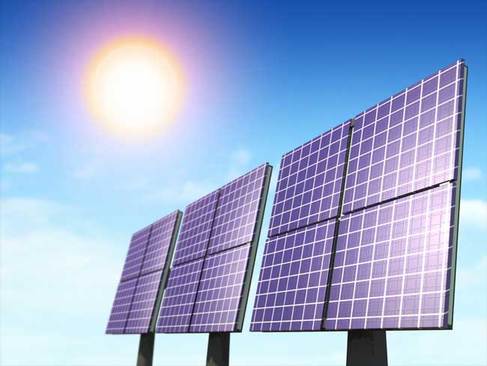Nairobi — Kenyans have been urged to take up solar energy use in their domestic consumption in order to save their costs.
Speaking to Capital FM Business, Davis and Shirtliff Technical Director Philip Holi said Kenyans could save about 60 percent of their energy costs if they use solar energy.
“Renewable energy will be a viable solution over the non renewable energy, even with the new reserves of oil that we have. They are only going to last us so long; turning more to renewable energy is what we need in the country,” he said.
Holi says uptake of solar energy has been on the rise due to the drops in solar panel prices and is now becoming a viable option for many Kenyans.
He said that in 2012 and 2013 the prices dropped significantly from $5 to 70 US cents per Megawatts.
“In the last three years we have seen tremendous growth of the uptake of solar energy products, and we are continuing to see it. We have tripled our sales in this sector and hope to see more growth,” he said.
He says that renewable energy in Kenya is becoming more and more popular in the country.
“We are at the point of grid parity, where price of solar generation is more or less the same as the price of power from the grid which means a few more cents off from of the cost of panels means that it will make more sense to use solar energy,” he said.
He, however, says solar panel prices should still be reduced further so as every Kenyan is able to afford the product.
“I believe prices probably can still go lower, there is a lot of research and development going into solar panel manufacturing and the continual new methods being developed to improve how panels are manufactured will lower the costs,” he stated.
The Kenyan based multinational company in partnership with solar pump manufacturer Lorentz recently launched a pump scanner application for customers and technicians to remotely monitor borehole performance and stem water wastage from boreholes.
The launch comes as more Kenyans turn to boreholes as a source of water, with studies indicating that at the current rate of drilling, by 2015 there will be approximately 4,900 boreholes across the Nairobi groundwater system, pumping 184,000 cubic metres daily up from 4,130.
Source…











